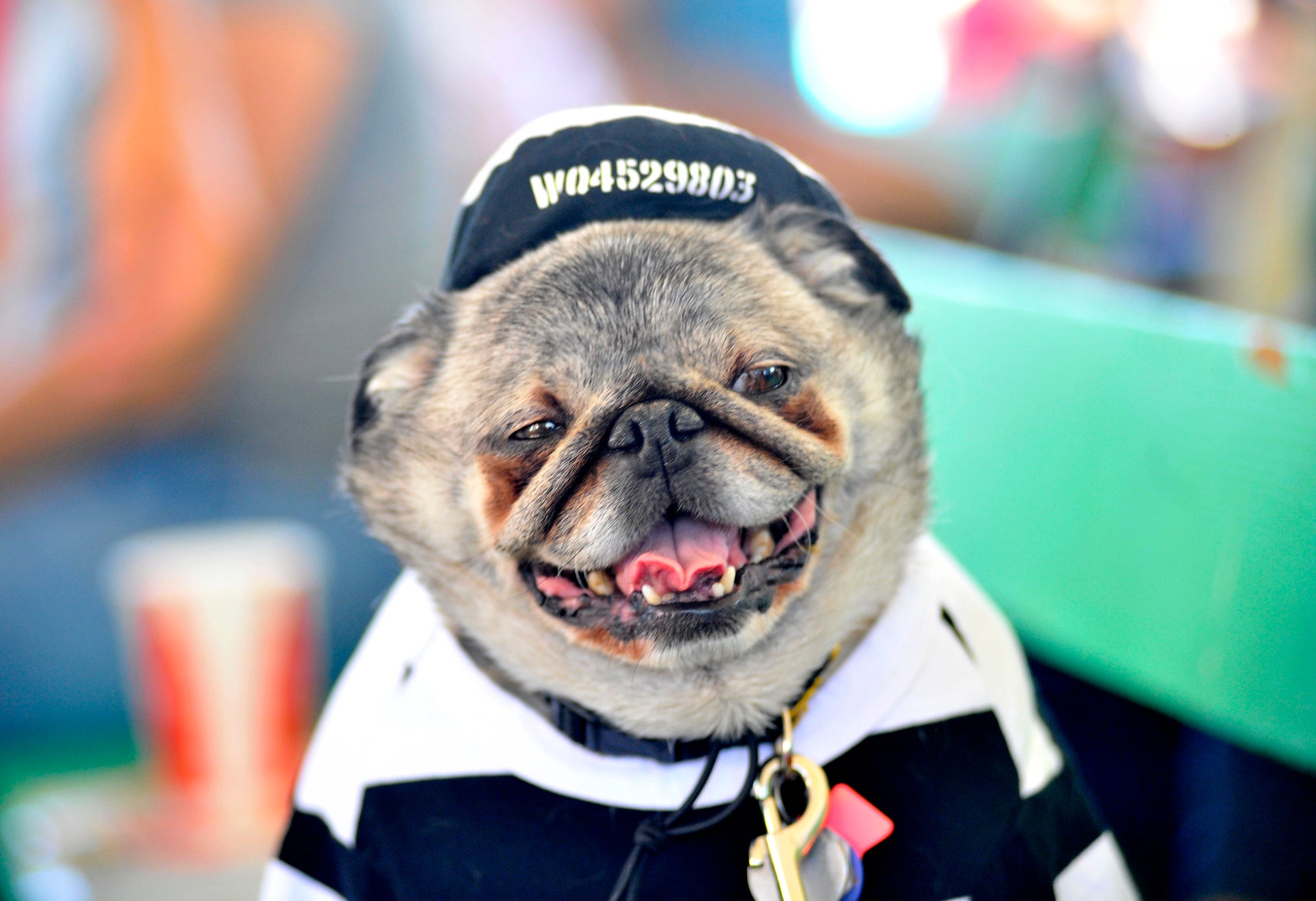Dogs do get jealous, say scientists, and it could help us understand jealousy in humans
New research looked at how dogs reacted to their owners reading aloud or paying attention to a plastic bucket or a stuffed dog that moved and barked

Your support helps us to tell the story
From reproductive rights to climate change to Big Tech, The Independent is on the ground when the story is developing. Whether it's investigating the financials of Elon Musk's pro-Trump PAC or producing our latest documentary, 'The A Word', which shines a light on the American women fighting for reproductive rights, we know how important it is to parse out the facts from the messaging.
At such a critical moment in US history, we need reporters on the ground. Your donation allows us to keep sending journalists to speak to both sides of the story.
The Independent is trusted by Americans across the entire political spectrum. And unlike many other quality news outlets, we choose not to lock Americans out of our reporting and analysis with paywalls. We believe quality journalism should be available to everyone, paid for by those who can afford it.
Your support makes all the difference.Does your dog seem to get annoyed when you lavish attention on your partner? Do they seem jealous even? If so, don’t worry: it’s not all in your head.
A new study published in the journal Plos One suggest that dogs really do get jealous - the first scientific confirmation of the behaviour and one that might have interesting implications for how we think about jealousy in humans.
The research carried out by psychology professor Christine Harris from the University of California monitored the reaction of 36 dogs when their owners ignored them in their home.
The humans were given three different activities – either reading a book aloud; paying attention to an unknown object (a Halloween bucket); or petting and talking to a toy dog that moved and barked.
Harris found that dogs were least likely to react to owners reading the book and most likely to act aggressive when they were treating the stuffed dog like the real thing.
Forty per cent of the dogs tested even showed jealous behaviour when their owners were talking to the plastic Halloween pumpkin.
For Harris, the findings suggest that dogs have a very basic instinct to act up if they feel a rival is getting more attention – something that might help psychologists understand human jealousy better. “It suggests to me that some of our ideas about the nature of jealousy, like that it requires complex cognition, are incorrect,” Harris told the Washington Post.
However, some scientists have pointed out that the dogs in the study might not have been jealous, but were simply reacting fearfully to a new ‘dog-like’ creature – the stuffed animal.
Speaking to NPR, Laurie Santos of the Canine Cognition Center at Yale University said: "This is a very new science. We are just developing new tools to better understand animal emotions.”
For Harris though the implications are clear: "Jealousy has tremendous human consequences," she told the Post.
"We think about these experiences after they occur, wondering if they mean we’re unloveable or ugly, or if we’re going to lose our best friend or our lover. [But] these results suggest that all of that isn’t required. All you need is a loved one and a rival.”
Join our commenting forum
Join thought-provoking conversations, follow other Independent readers and see their replies
Comments